SHILLONG, JUNE 12: The Meghalaya Legislative Assembly today unanimously passed the Meghalaya Goods and Services Tax (GST) Bill 2017 in a special session convened here.
The Bill was introduced by the Minister in-charge Excise, Registration, Taxation & Stamps (ERTS) Zenith Sangma to pave way for the historic tax reform, which is targeted to be rolled out on July 1.
“It is the desire of all states and the Government of India since long time back to see the light of the day when GST is rolled and also see a balance act of revenue sharing,” Sangma said while clarifying on the pros and cons of the GST.
Under the new tax regime, he said up to 1.5 crore revenue turnover, 90 percent will be under complete control of the state government and only 10 percent by the Government of India and above 1.5 crore turnover it will equally shared.
The clarification by the minister came after opposition United Democratic Party (UDP) legislator Paul Lyngdoh interrupted the Speaker AT Mondal and demanded that discussion be allowed before passing of the Bill.
Lyngdoh wanted to know whether the state government is prepared and has the wherewithal and support system to implement the GST, to which the Speaker agreed to allow members to raise queries.
The minister informed that the GST Council has put a target to start implementation of the GST from July 1 but many more sittings is required before finalizing the date.
“The next meeting of the GST Council will be held on June 18 and it will be confirm whether implementation of the GST will start from July 1,” he said adding states will have legal obligation to implement the GST by September, this year.
Stating that Meghalaya, being a consumer state will be benefited, he said four slabs have been considered for fixing the rate in which the lowest is at 5 percent and the highest is at 28 percent.
Highlighting on the benefits of the GST, Sangma said that the commodities used by the poorest section of the society will be considered at the lowest rate while the food grains and vegetables will be tax free.
He informed that the state government had opposed the proposed taxes on state’s own forest produce such as arecanut or even dry fish which is widely consumed by the tribal people of the North East region.
“The GST Council had proposed to fix arecanut at 12 percent and Meghalaya has fought tooth and nail to make it zero percent or tax free for green arecanut (at the stage when farmers harvest and sell it),” he said.
However, he said the processed arecanut or ‘supari’ has been fixed at 5 percent and the other non healthy products like Gutkhas is at 28 percent.
The minister later informed that in Meghalaya dry fish is exempted. “Earlier 5 percent tax was levied on dry fish and subsequently it was exempted from tax,” he said.
The other issues Meghalaya government had demanded was the reduction from Rs 50,000 to Rs 10,000 where a purchaser is not required to give his details in the invoice.
“We demanded that this slab should be reduced to Rs 10,000 or at least Rs 20,000 else the tax benefits of a state the buyer belong to will be lost to the state of the seller,” he said.
On the threshold limit, Sangma said, “We have fixed it at Rs 10 lakh as is the case with other NE states which means that any dealer with turnover less than Rs 10 lakh they will not be under the tax net.”
He said although the state’s threshold is a turnover of Rs 1 lakh, but once the threshold limit is changed, out of 30,000 dealers we are having, only 4,500 dealers will be on the tax net.
Later, Assembly Speaker AT Mondal declared that the Bill passed by a voice vote.



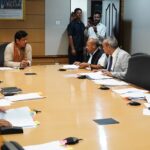






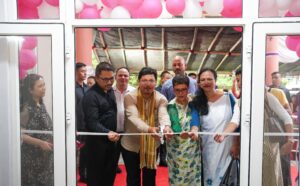

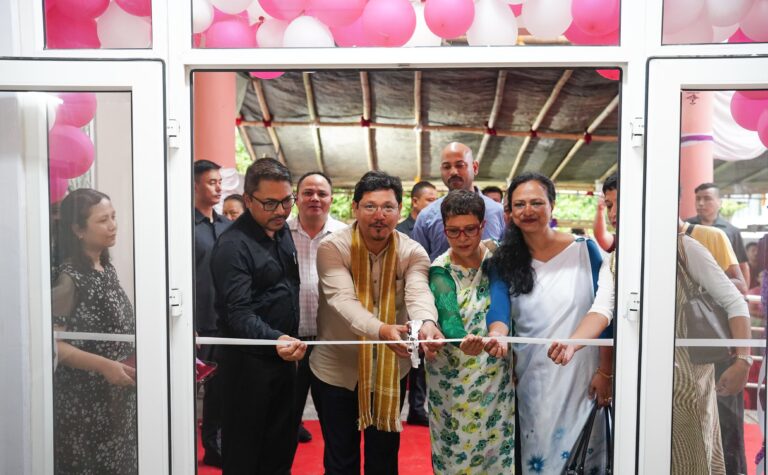
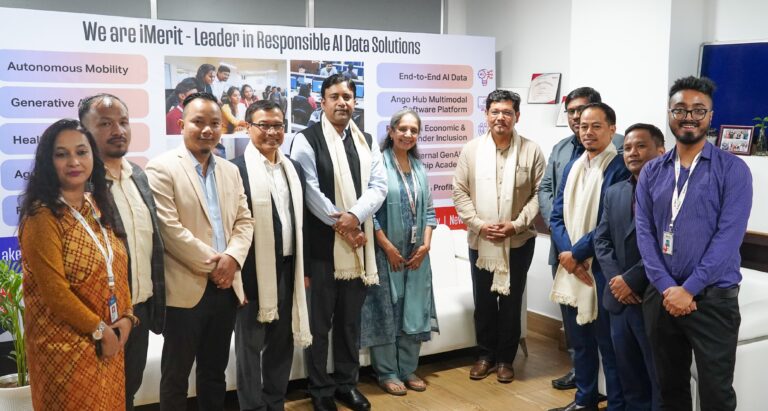
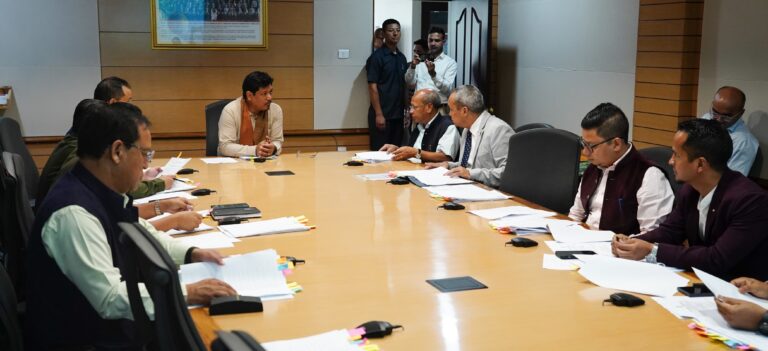
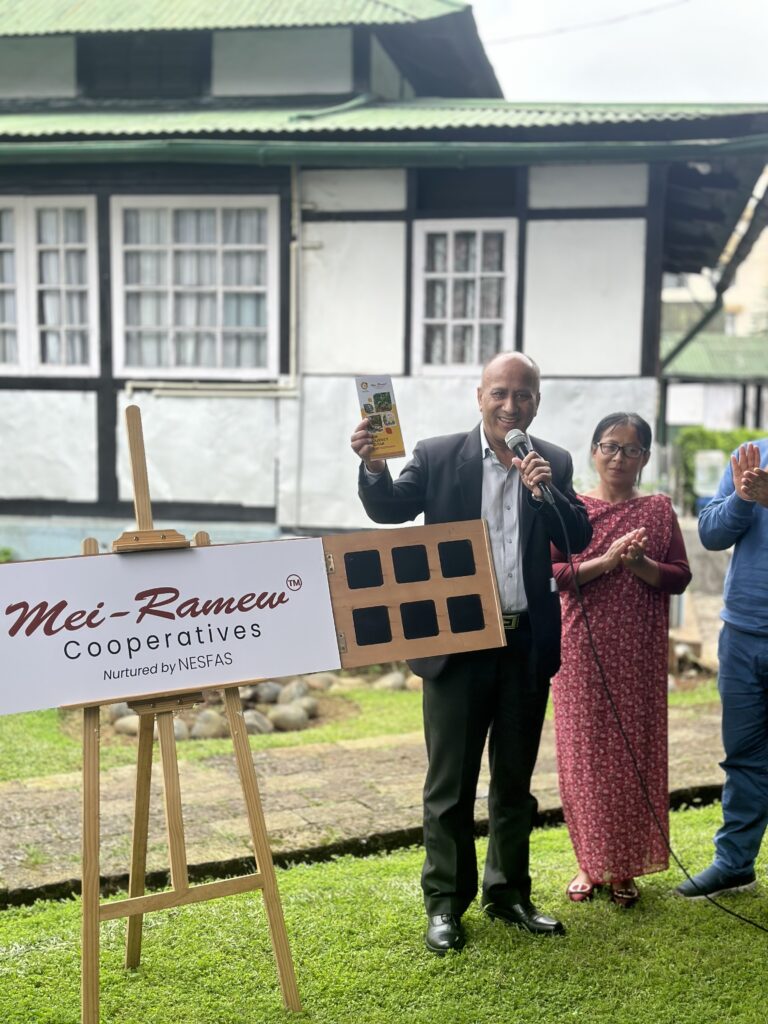

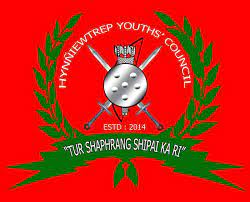


+ There are no comments
Add yours